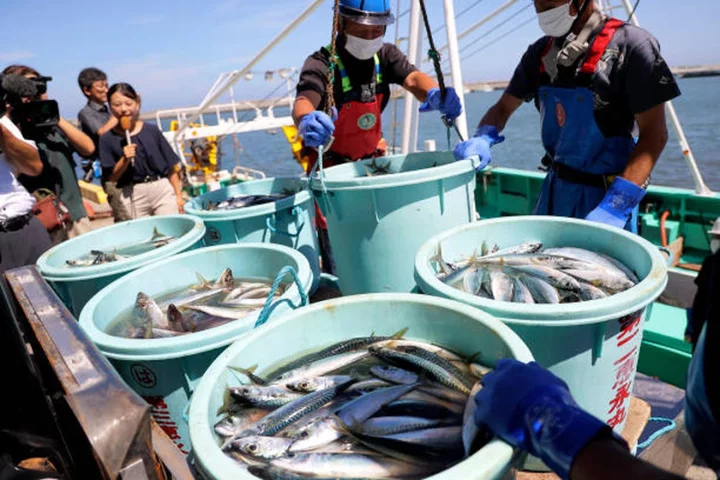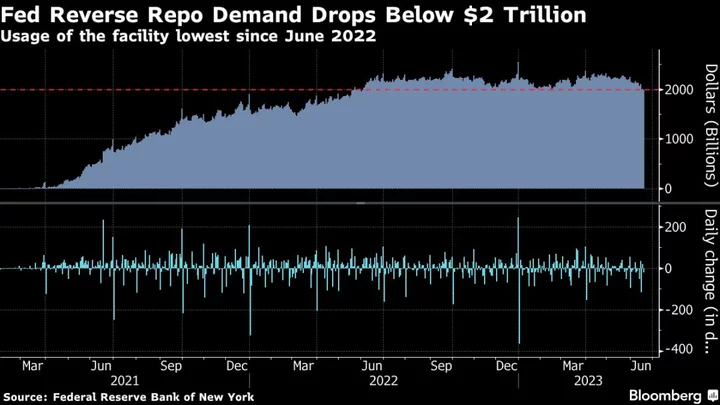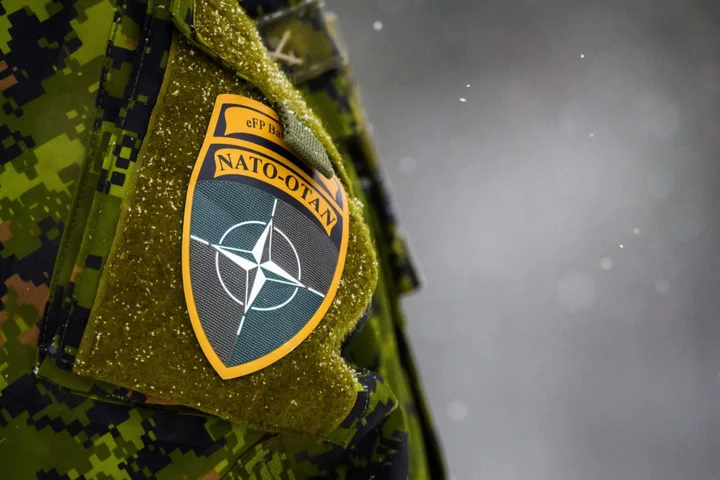Russia might join China in banning seafood from Japan over the Fukushima water release, a Russian regulatory authority indicated on Tuesday.
Russian food safety watchdog Rosselkhoznadzor said that it had discussed the issue of food exports with its Chinese counterparts.
“Taking into account the possible risks of radiation contamination of products, Rosselkhoznadzor is considering the possibility of joining with Chinese restrictions on supplies of fish products from Japan,” the watchdog said in a statement.
“The final decision will be made after negotiations with the Japanese side.”
Last month, Japan started the discharge of water from the Fukushima nuclear plant into the ocean, a move that sparked intense condemnation from China. In response, China implemented a ban on all seafood imports from Japan.
Russia, one of the major suppliers of marine products to China, is actively pursuing opportunities to expand its market share in the region.
So far this year, Russia has imported 118 tonnes of Japanese seafood, the regulator said.
In response to the announcement by Russia, the top Japanese government spokesperson, Hirokazu Matsuno said on Wednesday that Japan will carefully examine the matter.
“We strongly ask Russia to act based on scientific evidence,” Mr Matsuno told the media. He added that Russia was a member of the International Atomic Energy Agency’s Fukushima expert team. “In addition to this, we received an IAEA report made with the participation of international experts, including from Russia.”
Rosselkhoznadzor has reached out to Japan, urging both nations to start negotiations and requesting information regarding Japan’s radiological testing procedures for exported fish products, which includes assessing tritium levels.
They have set a deadline of 16 October for this information to be provided, local media said.
Meanwhile, late last week, US ambassador to Japan Rahm Emanuel accused China of using “economic coercion” against Japan. He said: “Economic coercion is the most persistent and pernicious tool in their economic toolbox.
“China is engaged right now in fishing in Japan’s economic waters while they are simultaneously engaged in the unilateral embargo on Japan’s fish,” Mr Emanuel said.
Earlier this month, it was reported that fishermen and residents from Fukushima, along with people from five other prefectures along Japan’s northeastern coast, filed a lawsuit seeking an immediate cessation of the ongoing release of treated radioactive wastewater from the damaged Fukushima nuclear plant into the ocean.
In the lawsuit, the 151 plaintiffs, two-thirds from Fukushima and the rest from Tokyo and four other prefectures, say the discharge damages the livelihoods of the fishing community and violates residents’ right to live peacefully, their lawyers said.
Additional reporting with agencies
Read MoreSouth Korean court denies arrest warrant for opposition leader Lee in corruption allegations
Japan's troubled Toshiba to delist after takeover by Japanese consortium succeeds
Nuisance calls, spying and misinformation: How China is ‘harassing’ Japan over Fukushima
The Body in the Woods | An Independent TV Original Documentary
The harrowing discovery at centre of The Independent’s new documentary









